Having an electrocardiogram (ECG) offers several benefits in the realm of cardiovascular health. Here are some key advantages of having an ECG:
-
Detection of Heart Conditions: ECG is a valuable diagnostic tool used to identify various heart conditions and abnormalities. It helps in detecting issues such as arrhythmias (abnormal heart rhythms), heart attacks, atrial fibrillation, ventricular tachycardia, and other forms of cardiac disorders. Early detection allows for timely medical intervention and treatment.
-
Risk Assessment: ECG can assess an individual's risk of developing heart disease or experiencing a cardiac event. By analyzing the electrical activity of the heart, an ECG can provide valuable insights into the overall health of the heart and identify potential risk factors such as conduction abnormalities or structural abnormalities.
-
Monitoring Cardiac Health: Individuals with existing heart conditions or those at high risk can benefit from regular ECG monitoring. It helps healthcare professionals track changes in heart function, detect any new abnormalities, and assess the effectiveness of treatment or medication adjustments. Long-term ECG monitoring, such as Holter monitoring or event monitoring, can provide a comprehensive picture of an individual's heart activity over an extended period.
-
Evaluation of Symptoms: When a person experiences symptoms like chest pain, palpitations, dizziness, or shortness of breath, an ECG can help determine if the symptoms are related to a heart condition. It is a non-invasive and quick test that can provide critical information to guide further investigation and appropriate treatment.
-
Preoperative Assessment: Before undergoing certain surgeries, especially those involving anesthesia and significant stress on the heart, an ECG may be performed as part of the preoperative evaluation. It helps assess the patient's cardiac health and identify any conditions that might increase the risks associated with the procedure.
-
Routine Health Check-ups: In some cases, an ECG may be included as part of routine health check-ups, particularly for individuals at higher risk of developing heart disease, such as those with a family history of heart conditions, older adults, or individuals with certain risk factors like hypertension, diabetes, or high cholesterol. It aids in early detection, promoting preventive measures and lifestyle modifications to maintain heart health.
-
Screening Athletes: ECG screening is often used in the evaluation of athletes to identify any underlying heart conditions that may pose a risk during intense physical exertion. This helps ensure the safety of athletes and reduces the incidence of sudden cardiac events during exercise.
It is important to note that while an ECG is a valuable diagnostic tool, it is not infallible and may not detect all heart conditions. Other diagnostic tests and clinical evaluations may be necessary for a comprehensive assessment of cardiovascular health.


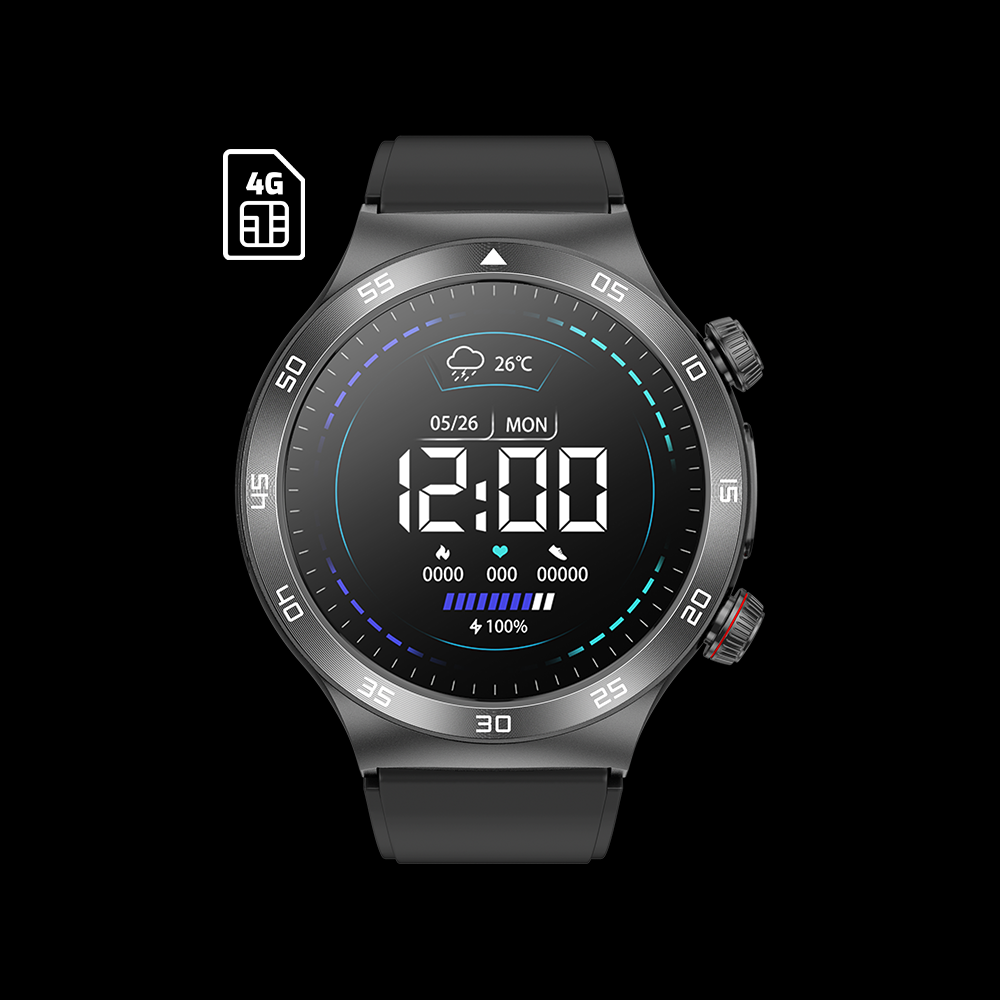
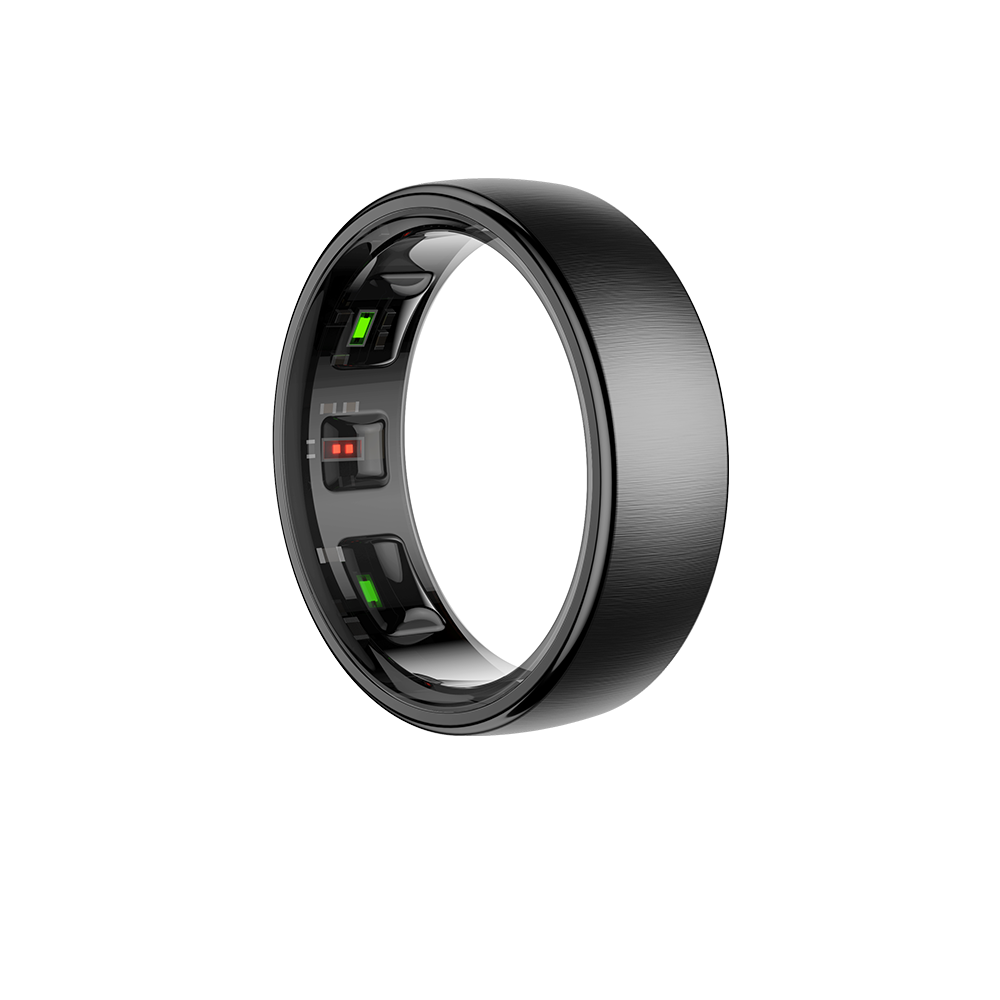
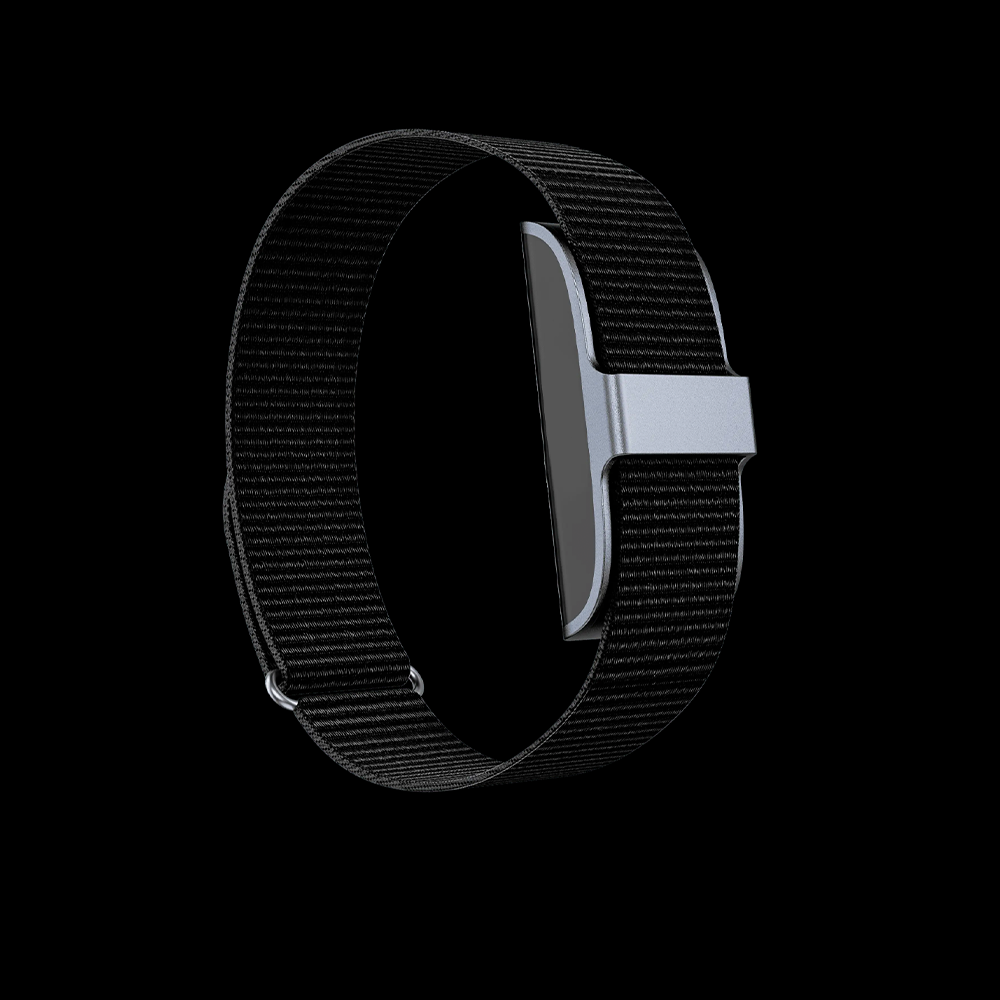
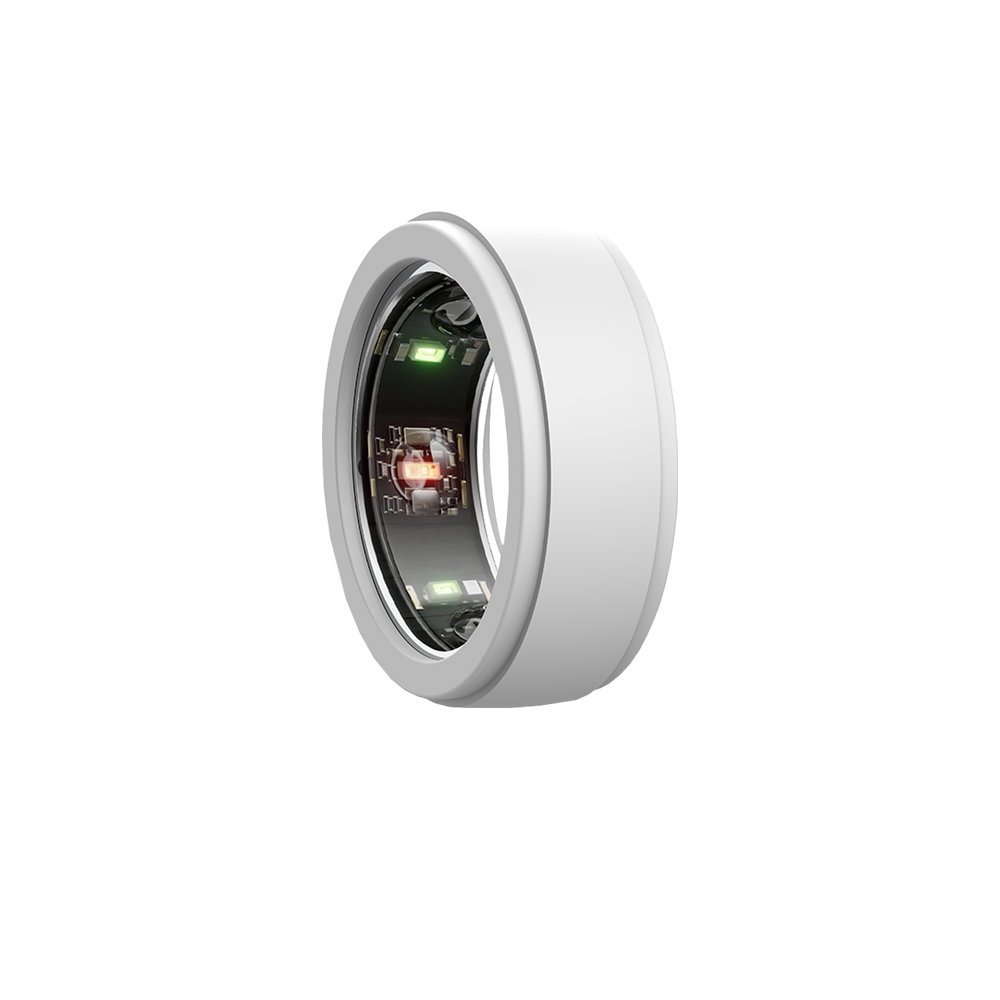

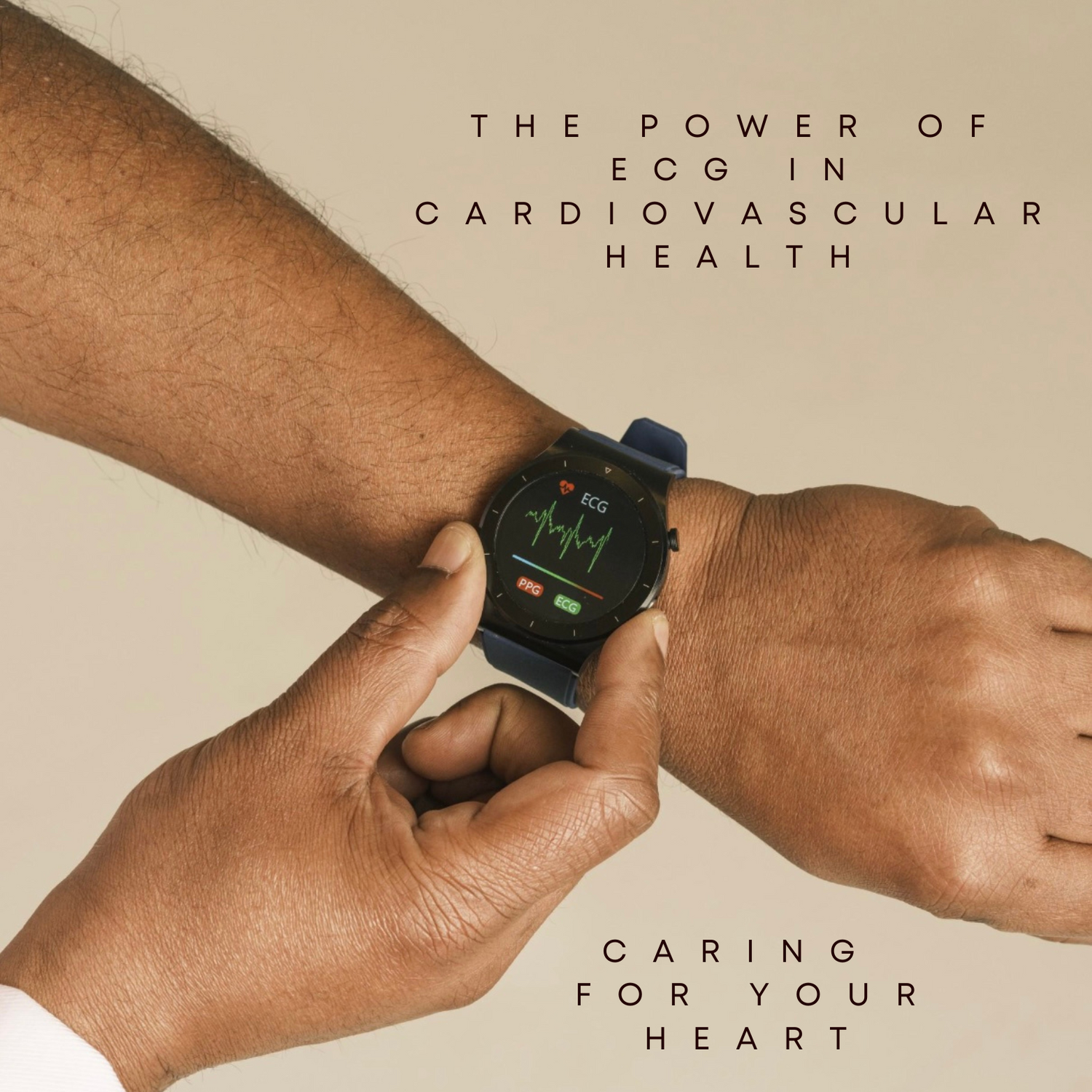
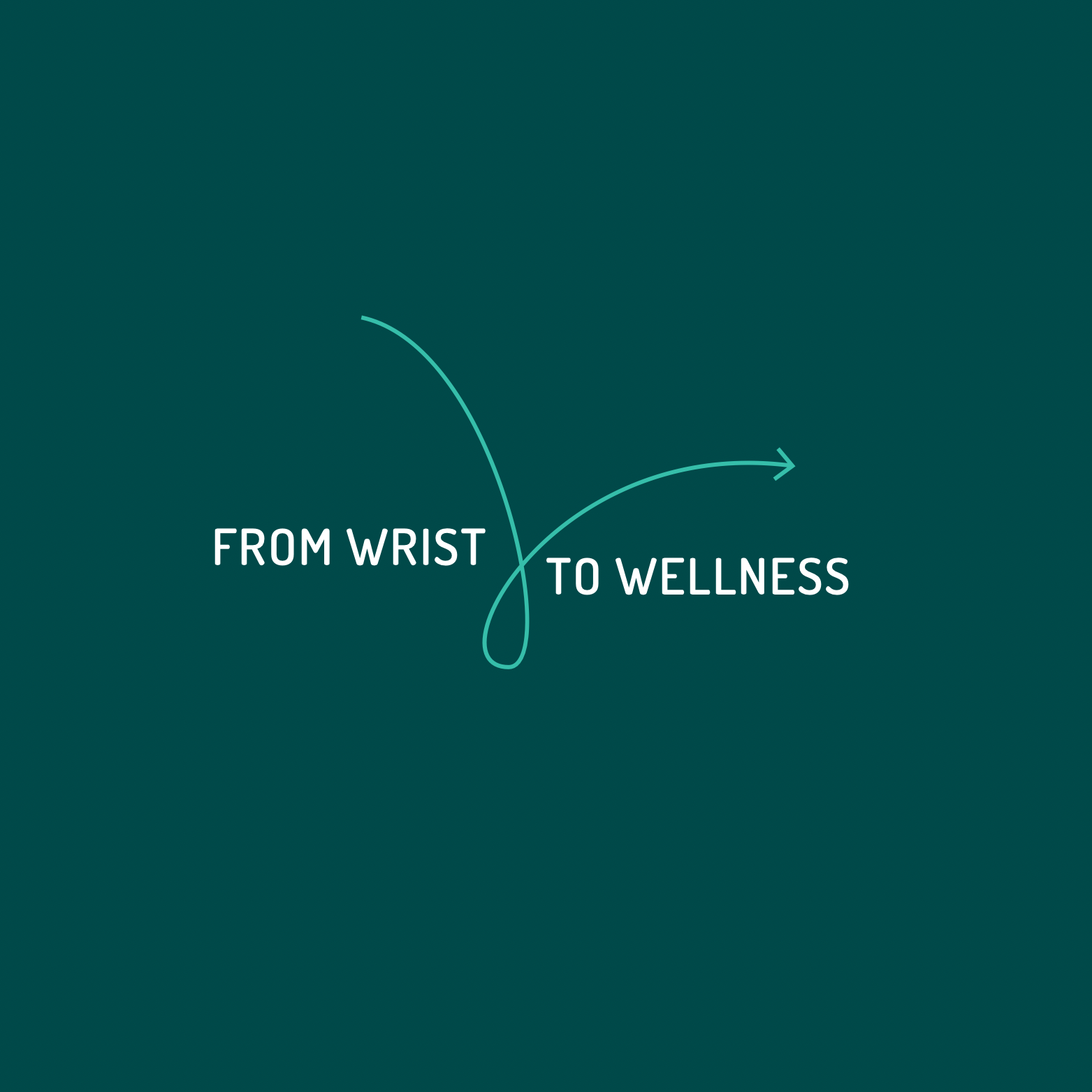
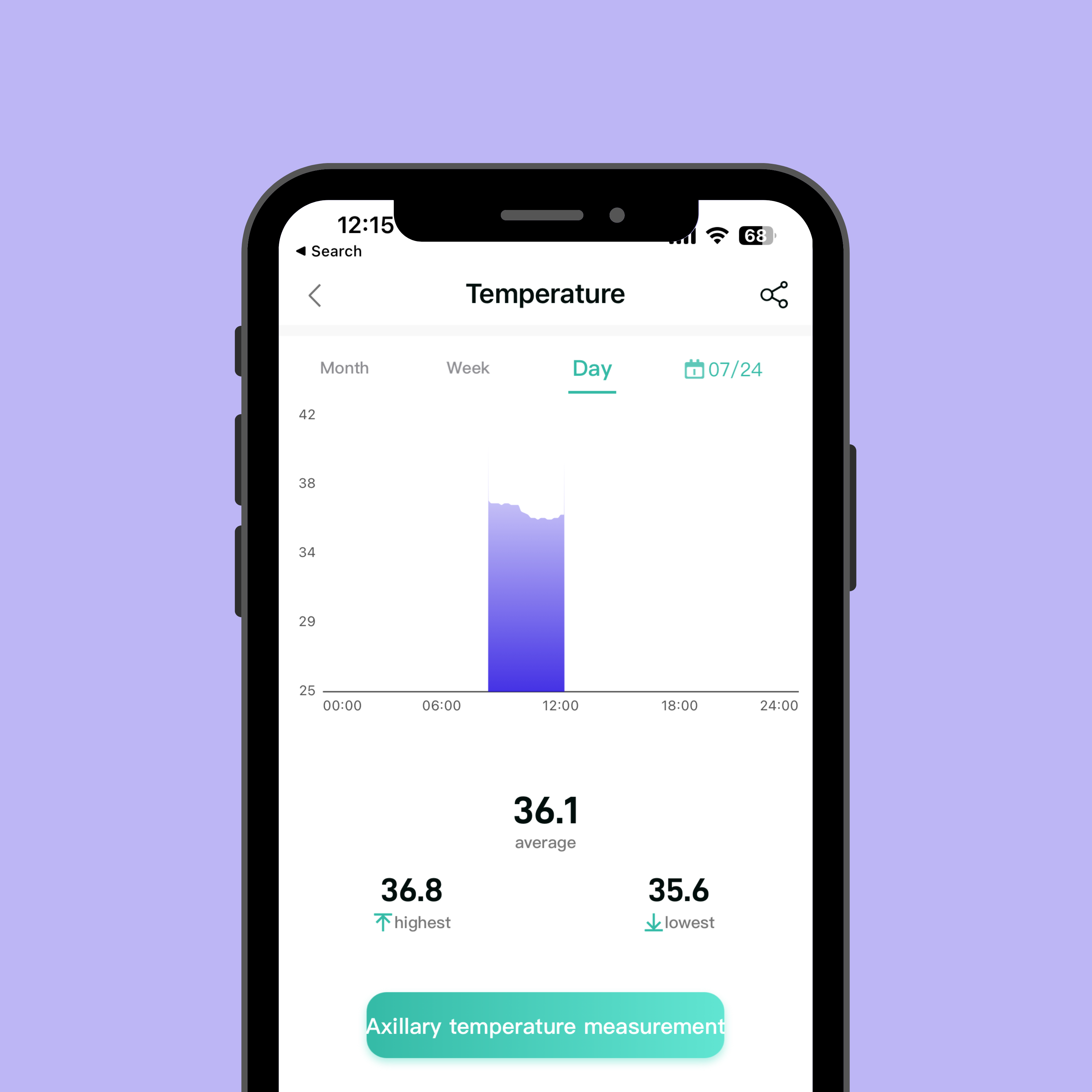
Leave a comment
This site is protected by hCaptcha and the hCaptcha Privacy Policy and Terms of Service apply.